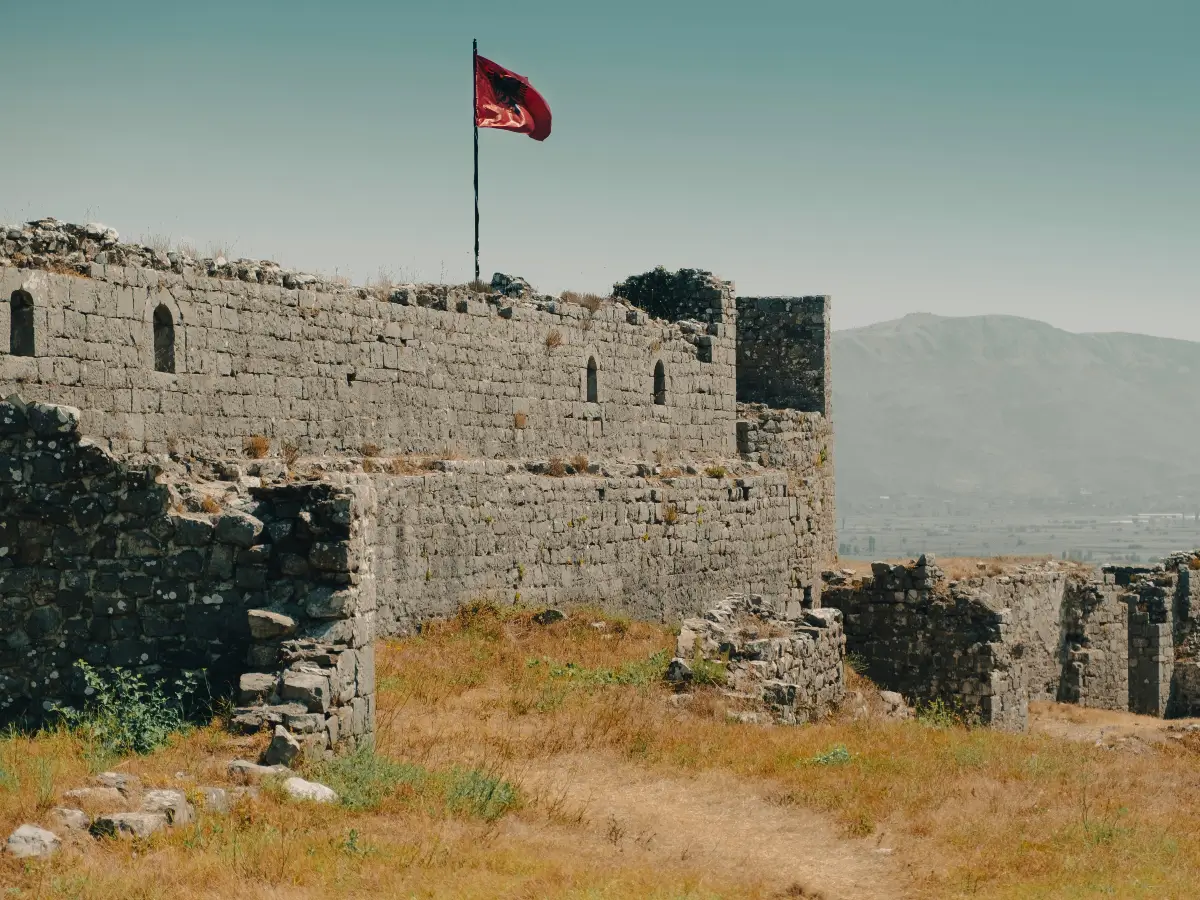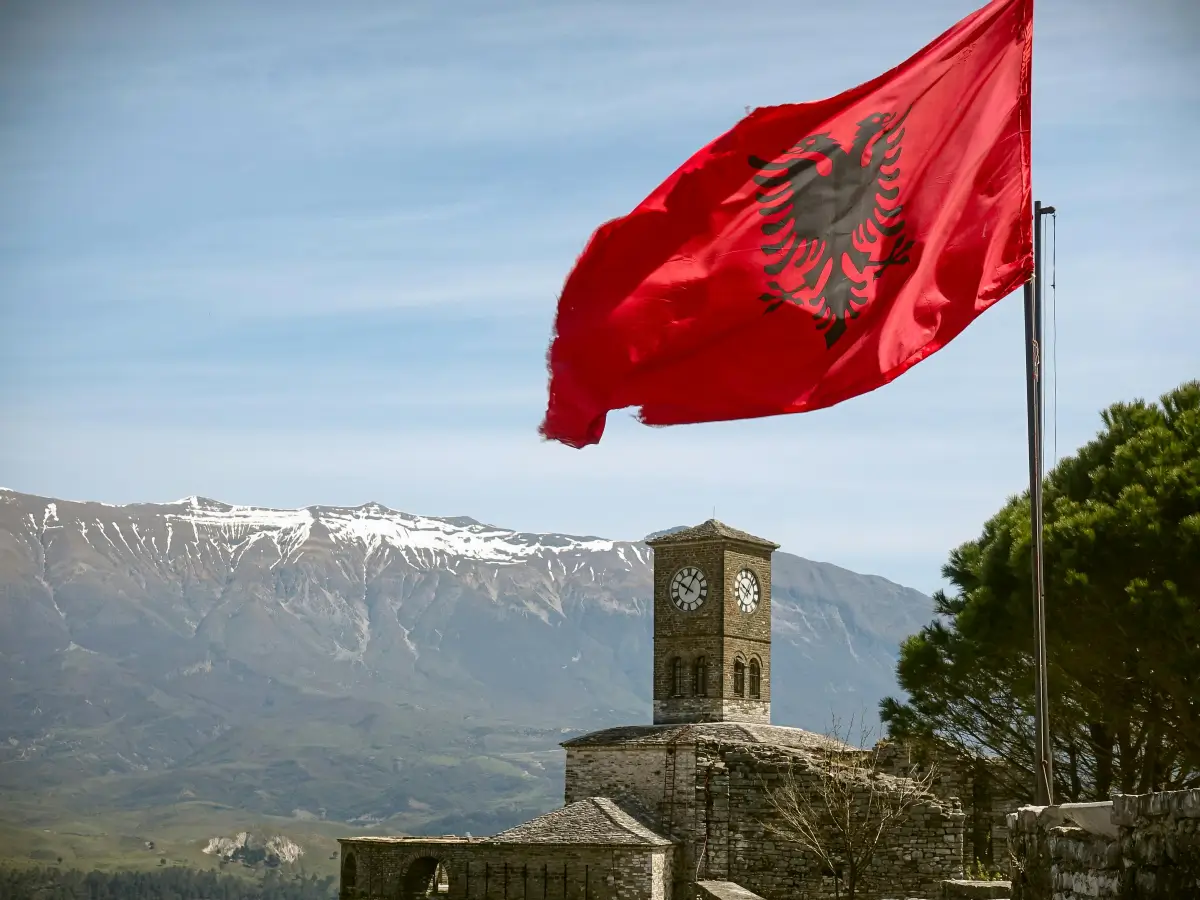In Albanian culture, few words carry as much weight as besa. Simple in form, yet deeply powerful in meaning, besa is a traditional code of honor that has shaped the values and actions of Albanians for centuries. It represents a personal promise — a vow of trust, loyalty, and protection that is never taken lightly.
To understand Albanian society, you must understand besa. It’s more than a concept — it’s a moral contract, a cultural identity, and a living principle that still influences how Albanians treat guests, uphold their word, and protect others.

What does Besa mean?
In its simplest translation, besa means faith or word of honor. But its deeper meaning goes far beyond language. Besa is a sacred promise — once given, it must be kept no matter the cost.
When someone gives you their besa, they are not simply making a verbal commitment. They are placing their reputation, their dignity, and their family’s name on the line. Breaking besa is not just shameful — it is a betrayal of personal and cultural identity.
Where Besa comes from
Besa has its roots in the Kanun, the traditional code of laws followed for centuries in northern Albania and Kosovo. In this system, honor was central to personal and family life. A man’s word was binding, and his integrity was measured by his ability to keep it.
Besa was also closely linked to hospitality, forgiveness, and conflict resolution. Even in blood feuds, granting besa could mean offering safe passage, temporary peace, or protection — even to an enemy — for a set period of time.
How Besa works in practice
While the concept may sound abstract, besa has always had practical, real-world applications. It guides how Albanians interact, how they resolve disputes, and how they treat those under their protection.
Here are a few examples of how besa is used:
-
Granting safety to a guest or stranger, even if they are part of a rival group
-
Protecting someone from harm because a promise was made to do so
-
Swearing secrecy or loyalty in a personal or business matter
-
Maintaining peace during conflict by guaranteeing non-violence
-
Honoring a verbal agreement, even without legal documents
Once besa is given, it is socially and morally unbreakable. It is passed down through generations not as law, but as legacy.
Besa during times of danger
One of the most powerful examples of besa in action was during World War II. When Jews were being hunted across Europe, many Albanian families — Muslim, Christian, and non-religious alike — gave their besa to protect them. They hid families, forged documents, and refused to give up names, even under threat of death.

These acts were not based on political ideology or financial reward. They were rooted in besa — the duty to protect a guest once they had been welcomed.
Besa today
In modern Albania, besa still lives on, especially in rural areas where oral traditions and close community ties remain strong. It’s often expressed through hospitality, loyalty among friends, and family obligations. While legal systems have changed, besa remains a personal measure of honor — often stronger than paperwork or contracts.
In business, personal life, and even politics, a promise made “with besa” still carries great weight. It signals integrity and earns trust in ways that go beyond formal agreements.
Why Besa still matters
Besa is one of the reasons Albanians are known for their hospitality and loyalty. It’s what makes guests feel safe, what binds communities together, and what gives everyday promises meaning. In a world where trust is often fragile, besa remains something unshakable.
To receive someone’s besa is to be welcomed into their world. To give your besa is to stand for something bigger than yourself.